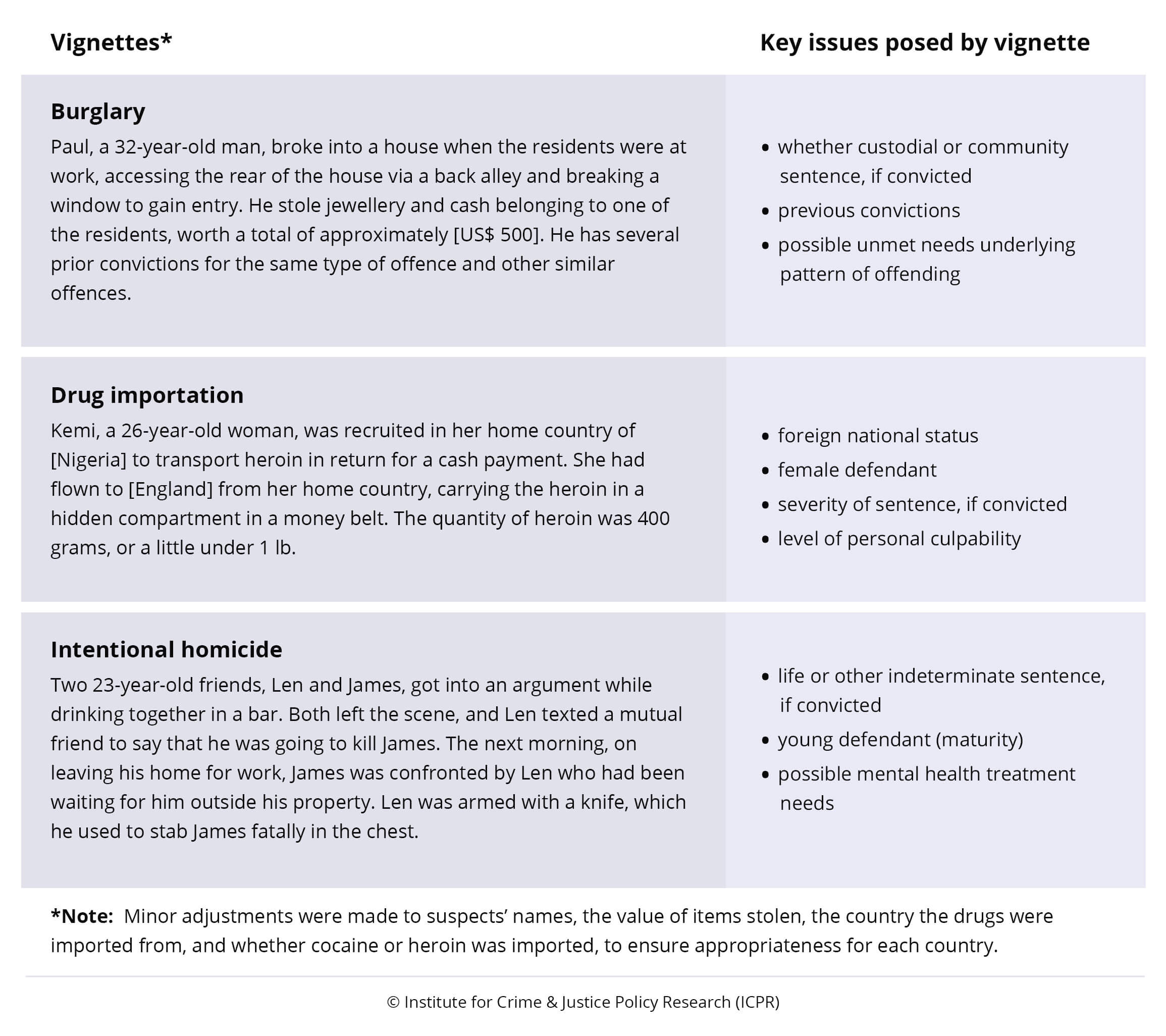Read this page in English , French , Portuguese
How do we choose the ten countries?
In selecting the ten countries, we kept in mind our goal of drawing conclusions and lessons - from different political contexts and approaches - that could be applied across the board, to reduce the use of incarceration. Thus, we chose ten jurisdictions based on their geographic size, their global or regional influence, their diversity in terms of economic prosperity, their penal systems, and their numbers and trends in prison population. The availability of information related to criminal justice and the possibilities of local collaboration were other aspects that we took into consideration.
Local collaborators
One of the fundamental aspects of this project was to establish links with professionals from academia and civil society organizations in the ten selected countries to ensure that we get a complete picture of what is happening in prisons and, more broadly, in the criminal justice system. In return, we hope that the results of our study will allow our collaborators to promote positive change at the national or regional level.
Throughout this project, we work with more than 50 NGOs and professional associations involved in criminal justice reform.
In the later phases, we collaborated closely with Prison Insider on COVID-19 research activities in prisons in the ten countries covered, as well as disseminating study findings and reform proposals covering a variety of topics.
Topics
The study has been structured around the following five themes:
The different incarceration guidelines
In this topic, we address the consequences of the increase in the prison population by analyzing the incarceration patterns of each of the ten countries and the considerable recourse to deprivation of liberty, both before and after the trial. This work has largely been based on information available in ICPR's World Prison Brief , ─which allows us to monitor changes in the prison population, which have been observed in the ten study countries in recent years. decades─ and has been complemented with a documentary investigation with the objective of analyzing the main factors that determine the use of prison in these countries.
Justice before trial
In this topic, we analyze the increase in the number of inmates in pretrial detention that has been observed worldwide in recent decades. Our main objective is to understand why these figures are so high in many countries despite the many possible alternative measures. This study addresses the causes and consequences of excessive recourse to pretrial detention in various criminal systems and offers recommendations for reform.
In order to provide a suitable framework for investigation and analysis, we studied the administration of justice prior to trial in three hypothetical cases: a person with a criminal record implicated in a robbery; a woman from a less developed country accused of importing drugs; and a voluntary homicide (in the topic “Imposed sentences” you can find these complete hypothetical cases). We have analyzed some legal texts and carried out empirical research, with the collaboration of various NGOs and professionals in the field. The following sources of information are detailed in our report and our recommendations:
- pretrial detention statistics from ICPR's World Prison Brief database;
- analysis of the legal framework that determines justice decisions before the trial in the ten countries of the study;
- interviews with sixty experienced criminal lawyers from the ten study countries.
Convictions imposed
In this topic, our objective is to highlight the marked differences of jurisdictions with respect to custodial sentences, and to consider the obstacle posed by such differences in terms of criminal reform at the national, regional and global levels. In this study, we analyze the legal texts, policies and practices of the ten countries addressed, again through three hypothetical cases.

Our report and our recommendations are based on two main sources: the analysis of the legislative and political framework that determines judicial decisions for the crimes mentioned in the three hypothetical cases, and the interviews with seventy criminal lawyers from the ten countries, in which they respond how their jurisdictions would, in practice, punish such crimes.
Prison and health
This paper aims to highlight the health risks posed by overuse of incarceration and explain why they should be considered a priority in terms of both justice and policy.
Some of the issues and interventions featured in this study were included in articles presented at an international conference held in November 2018 in Birbeck, University of London: “Mapping inequalities in prisoner healthcare worldwide”. concerning the healthcare of prisoners worldwide). This study also contains reports on the experiences of various persons deprived of liberty in the ten countries, obtained from interviews with inmates or former inmates conducted by our collaborators and our team.
COVID-19 and prisons
In two reports on COVID-19, we evaluated the measures taken by prison systems in the face of the pandemic and its impact on the lives of people deprived of liberty.
With the declaration of the COVID-19 pandemic on March 11, 2020, we quickly began to analyze the measures taken around the world to curb the spread of the virus both inside and outside prisons. Together with Prison Insider, our collaborator on this study, we conducted several interviews with experts from academia, human rights organizations, and organizations promoting penal reform in each of the ten countries. Similarly, we consult relevant legal texts, published research, and press articles.
On the other hand, we tried to understand the changes caused by the health crisis in living conditions in prison, through eighty interviews with former inmates, inmates and their families, carried out by our collaborators and our team before and during the pandemic.